Modern Philosophy
[node:22019 collapsed body]
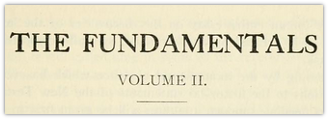
CHAPTER V. MODERN PHILOSOPHY.
BY PHILIP MAURO, COUNSELLOR-AT-LAW, NEW YORK CITY.
Discussion
Christians and Mythology (Part 7: Sub-creation, Escape, and Eucatastrophe)
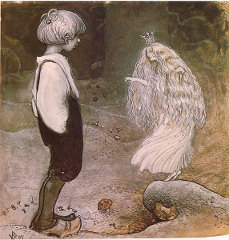 The rest of the series.
The rest of the series.
In this final post I want to focus further on Tolkien’s essay “On Fairy-stories,” which I referenced several times in Part 6. We looked at Recovery in the previous post, and I’d like to conclude this series with a look at Sub-creation, Escape, and Eucatastrophe.
Sub-creation
Before C.S. Lewis’s conversion to Christianity, he viewed myths as being worthless lies, despite their being “breathed through silver.” To persuade him otherwise, J.R.R. Tolkien wrote a poem titled “Mythopoeia,” in which he mentions the defaced image of God in man. Tolkien writes about the original mandate for man to exercise dominion over creation. Man is a “Sub-creator, the refracted light / through whom is splintered from a single White / to many hues … . / We make still by the law in which we’re made.”1 In other words, since we bear God’s image, though imperfectly, we create because God creates. We imitate and glorify the ultimate Creator as we engage in sub-creation. Tolkien puts it more clearly in “On Fairy-stories” when he writes about creating fantasy: “[W]e make in our measure and in our derivative mode, because we are made: and not only made, but made in the image and likeness of a Maker.”2 Of course, Lewis eventually came to agree with Tolkien, and they both used mythology to create their own myths.
On the contemporary scene, one Christian who I believe is excelling in the sub-creation of myths is Young Adult author N.D. Wilson, whom I mentioned in Part 1. Wilson’s second book in the Ashtown series (with characters such as Gilgamesh, Arachne, and Ponce de León) was released on September 11, 2012. Christians have lots of practice complaining about fiction they don’t like, but here is a Christian who is lighting a candle in the fiction world, rather than simply cursing that bespectacled Potter boy.
Discussion
A temple mystery solved! "So be careful about stating that such a custom was practiced"
Body
“For years I have heard pastors preach that when the Jewish High Priest entered the Holy of Holies on Yom Kippur that he had a rope tied to his leg so that, if he died, he could be dragged out - since no one else could enter!” - DrIbex
Discussion
30th Anniversary of Banned Books Week
Body
Banned Books Week is an annual event celebrating the freedom to read…The books featured during Banned Books Week have all been targeted with removal or restrictions in libraries and schools.
Discussion
Yom Kippur: The Day of Atonement
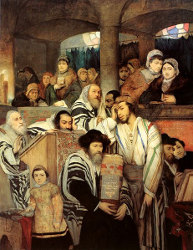
This year, Jewish people celebrated their most solemn holiday of the year, Yom Kippur—known to us as The Day of Atonement—from sunset September 25 through the 26th. In modern Judaism, this is a time to grieve over one’s sins, repent, fast, and find God’s forgiveness.
In biblical times, this holy day involved the covering of sin by the payment of a penalty. The NIV of Leviticus 5:5-6a captures the idea of atonement: “When anyone is guilty in any of these ways, he must confess in what way he has sinned and, as a penalty for the sin he has committed, he must bring to the LORD a female lamb or goat” (emphasis added).
No animal sacrifices could attain salvation, but merely made the individual ritually and socially clean. Hebrews 10:4 is blunt: “[I]t is impossible for the blood of bulls and goats to take away sins.” From a New Covenant perspective, we can see that Yom Kippur also foreshadows a massive and complete spiritual cleansing.
Yom Kippur Under the Old Covenant (Leviticus 23:26-32, 16:5-34)
The Old Covenant provided sacrifice to cover unintentional sin, but not defiant sin. Numbers 15:30 (ESV) reads, “But the person who does anything with a high hand, whether he is native or a sojourner, reviles the LORD, and that person shall be cut off from among his people.”
God may graciously forgive such defiant sins, but not on the basis of animal sacrifice. God justly forgives on the basis of the sacrifice of Christ (Rom. 3:25-26). Before Jesus, the individual sinner could only offer God repentance and cast himself upon God’s mercy. God’s character and faithful love would be the source of the repentant sinner’s hope. It is that character and faithful love which would one day send the promised Messiah, Yeshua, to settle accounts.
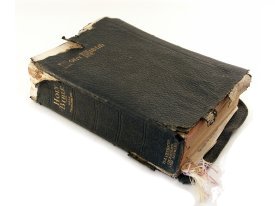
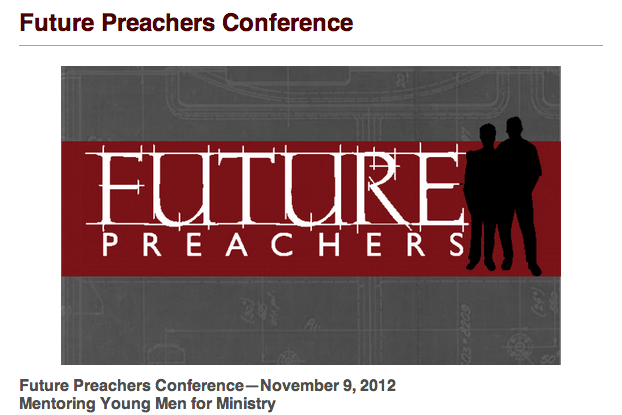
Discussion